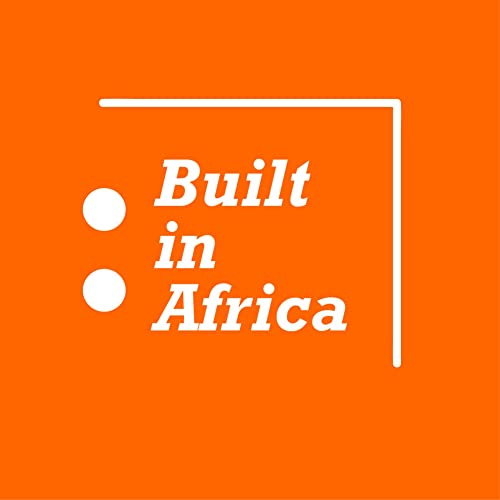This episode is brought to you by Whogohost WordPress Hosting. Visit builtin.africa/whogohost and use coupon code BUILTINAFRICA to get 25% off on any annual plan.
FULL TRANSCRIPT Narrator: I remember ten years ago when African music didn’t get as much global attention as it does now. Interestingly, now that I think of it, it wasn’t because of a lack of talent or content. So, I wonder what has changed. Well, your guess is as good as mine.
But Africa now has a growing youth population, exceptional music talents, unique genres, and streaming companies. Africa’s music industry is doing so well that global companies are eager to sign deals with artistes to get a share of their earnings.
Guess what? Streaming made up 62.3% of the $21.5 billion revenue made by the global music industry in 2020.
If you ask me, digital distribution was clearly the game-changer. And the good thing is that apart from foreign platforms like Spotify, Apple Music, YouTube Music, Deezer, and Shazam, local streaming platforms are also contributing their quota.
On this episode of Built in Africa, we explore how indigenous music streaming platform, AfroCharts, is offering unreached African music talents the opportunity to get paid for their content.
Narrator: Burundi-born Leonard Novati, AfroCharts founder, lived his early life in Tanzanian refugee camps because of the constant civil wars in his home country. During his stay, music was one of the things he loved doing asides from other menial jobs he did to make ends meet, so he stuck with that on reaching the US in 2007 at the age of 16.
However, he needed to fuel his thirst for entrepreneurship. But what were his options: become a musician, a music producer, or a disc jockey (DJ). Eventually, Leonard chose to make a living from DJing for some reason.
Leonard Novati: When I got here where there was so much technology, I thought I could sing like most young kids, young boys and girls, I tried that, it didn’t work. And then I tried to open a recording studio, it didn’t work either. So, I’m like, well, I love music, I must share with the public. You know, somehow, I have to make people happy through music. If I cannot sing, I cannot produce, why don’t I become a DJ? From there, I started teaching myself to DJ.
Narrator: So, he founded a DJ company to make a living while in college and focused majorly on African music, which turned out to be his selling point. He often got invited to African and American events.
While he trained himself to become a DJ, he graduated with a computer science degree and later became a web developer.
In 2014, he saw a need. People listening to his Afrobeats mix asked where they could get it, and some African artistes also contacted him to add their songs to his mix. That was when he had the idea for AfroCharts. But his first attempt wasn’t a success.
Leonard Novati: While I was in college, I actually tried to create something similar but for beats. Like an online beat-selling marketplace. Whether you’re an African or not, where you can sell your beats to the world. Artistes are looking for fresh beats. That failed. That was in 2014.
Narration: After that, he started brainstorming the idea for AfroCharts in 2016.
Leonard Novati: All these streaming platforms, African listeners and artistes still feel like they’re left out. That’s when it hit me, I’m like why don’t we create our own platform? Our platform focuses on African artistes, African music listeners… I wanted to find a...
 Jul 13 202212 mins
Jul 13 202212 mins Jul 6 202217 mins
Jul 6 202217 mins 17 mins
17 mins 22 mins
22 mins 17 mins
17 mins 14 mins
14 mins 11 mins
11 mins 13 mins
13 mins
